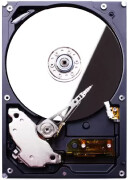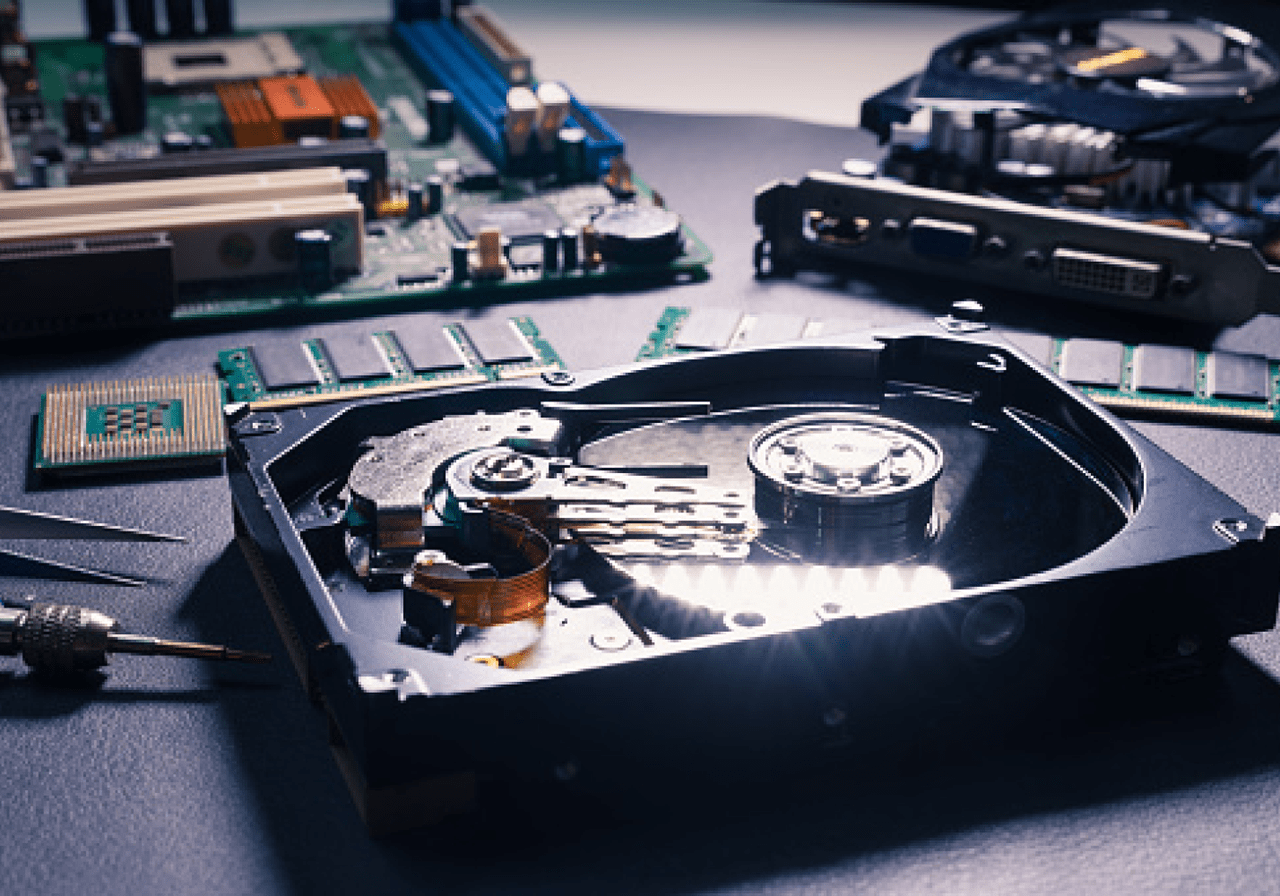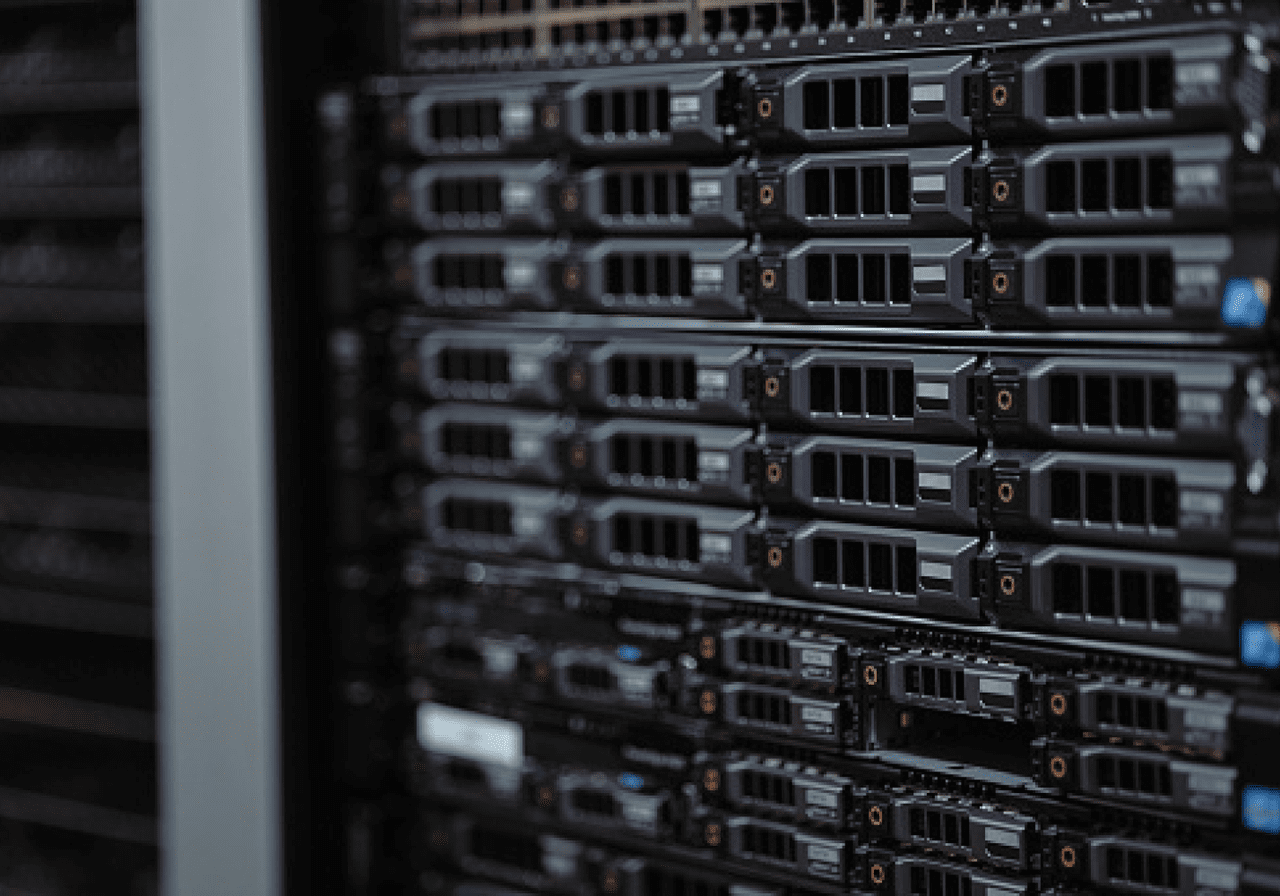Compare HDDs vs. SSDs
Hard drives deliver reliable, massive, cost-effective storage. Find out how they compare to SSDs — and where they still come out on top.
Which is better for me, SSD or HDD?
Massive capacities versus powerful performance — while solid state drives bring next-gen flash technology to data storage, hard drives offer capacity and affordability. The best choice for you will depend on how you use your computer, and what you plan to create, share, and save with your drives.
Hard Disk Drive (HDD)
Best for long-term storage
Uses mechanical parts like spinning disks
Great for cost-effective, massive capacities

Solid State Drive (SSD)
Best for low-latency applications
Uses flash NAND memory cells without moving parts
Great for rapid boot times and fast file access
How long do HDDs last vs. SSDs?
What is the lifespan of an HDD?
HDDs are known for their long lifespans. That’s because hard drives use tried-and-tested mechanical parts to read and write data to spinning disks. HDD components will continue to access and store information as long as the mechanical parts are working and the drive is used within recommended workload limits.
What is the lifespan of an SSD?
Solid state drives use flash memory cells to read and write data via magnetic charges. These memory cells have limited read/write cycles. After a certain number of uses, SSD memory cells will become “worn out” and affect the overall lifespan of the drive.


How much capacity do I need?
How much can I store on HDDs?
HDDs are a great choice if you need to store a lot of content, large files, or massive data sets. Hard drive technology has been around longer, and HDD innovation — like HelioSeal or triple-stage actuators from Western Digital — have helped push capacities even higher. With our latest drives hitting 28TB, HDDs reach capacities that are still out of reach for SSDs.
How much can I store on SSDs?
SSDs are still a long way off from hitting capacities offered by HDDs. While SSDs are definitely getting larger and can deliver huge total capacities in arrays like NAS and RAID, they’re often not the go-to choice for users who need as much space as possible, as cost-effectively as possible.
How Much Can You Store on HDDs?
| Drive Capacity | Music | or Video | or Photos |
|---|---|---|---|
| 500GB | 125K | 30 | 80K |
| 1TB/1000GB | 250K | 60 | 160K |
| 2TB/2000GB | 500K | 120 | 320K |
| 4TB/4000GB | 1M | 240 | 640K |
| 6TB/6000GB | 1.5M | 360 | 960K |
| 8TB/8000GB | 2M | 480 | 1.28M |
| 12TB/12000GB | 3M | 720 | 1.92M |
Cost-effective data storage: HDDs vs. SSDs
Are HDDs cost-effective?
HDDs are a cost-effective way to store massive amounts of data. From family photos to enterprise databases, hard drives can save terabytes of content at an affordable price. Innovations from Western Digital, including OptiNAND, have made HDDs larger and faster while staying cost-effective.
Are SSDs cost-effective?
SSDs are becoming more affordable as they’ve become more popular, but they still tend to be more expensive than HDDs. While SSDs are a great choice for users who need low-latency, next-gen performance in their drives, those specs come at a premium.

Disclosures:
1The number of songs is based on a 3.5MB MP3 file. Examples of the number of songs that can be stored are provided for illustrative purposes only. Your results will vary based on content, file compression, file format, file size, host device, pre-loaded files, settings, software and other factors.
2The number of hours for videos is based on the 1920x1080 Full HD @ 30fps, 145MB/min, DV format. Examples of the hours of video that can be stored are provided for illustrative purposes only. Your results will vary based on bit rate, content, file compression, file format, file size, host device, pre-loaded files, resolution, settings, software and other factors.
3The number of photos is based on a 16MP, 5.5MB JPEG file. Examples of the number of photos that can be stored are provided for illustrative purposes only. Your results will vary based on resolution, content, file compression, file format, file size, host device, pre-loaded files, settings, software and other factors.
4 Limitations apply. See Data Recovery Plan Terms & Conditions.